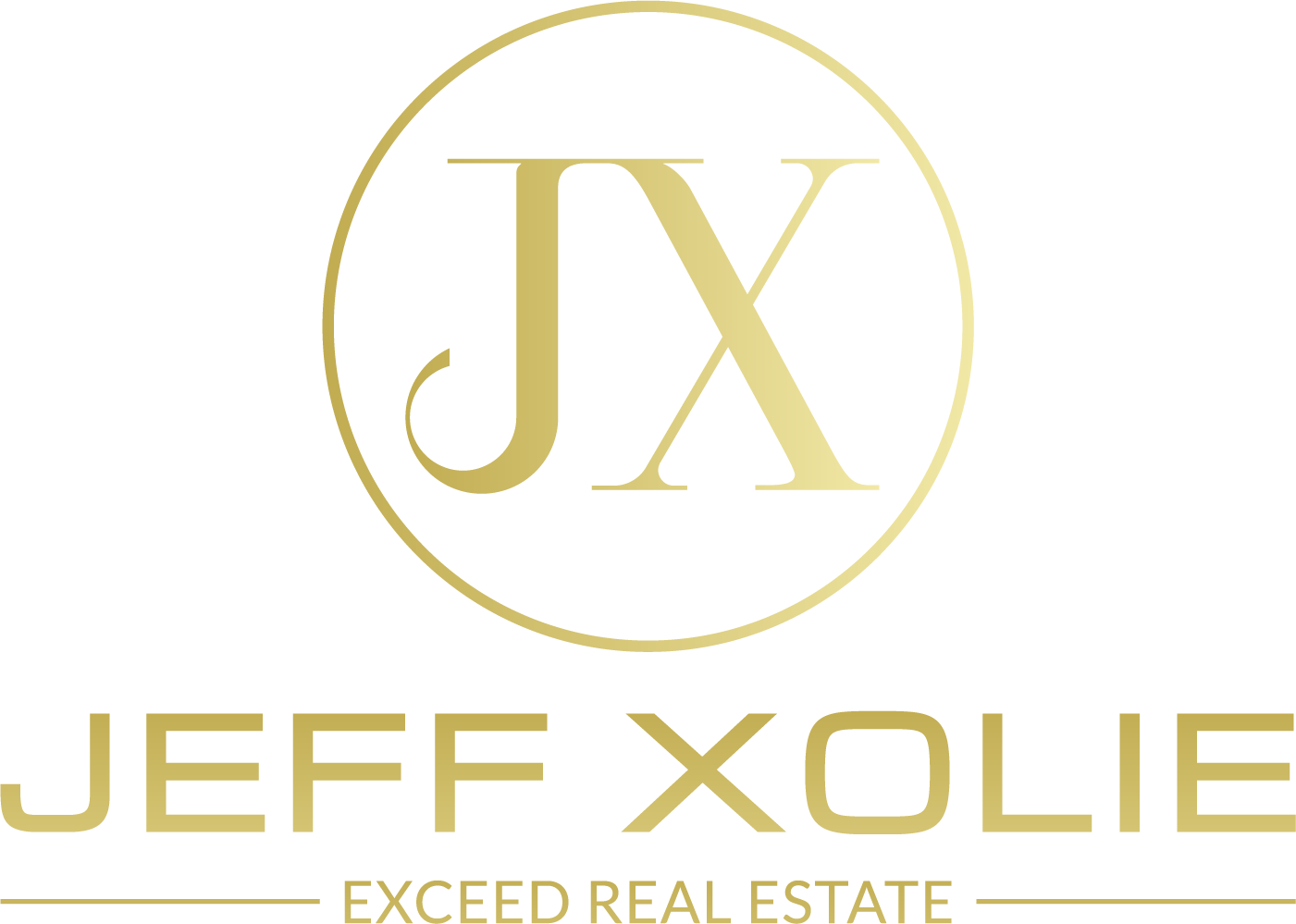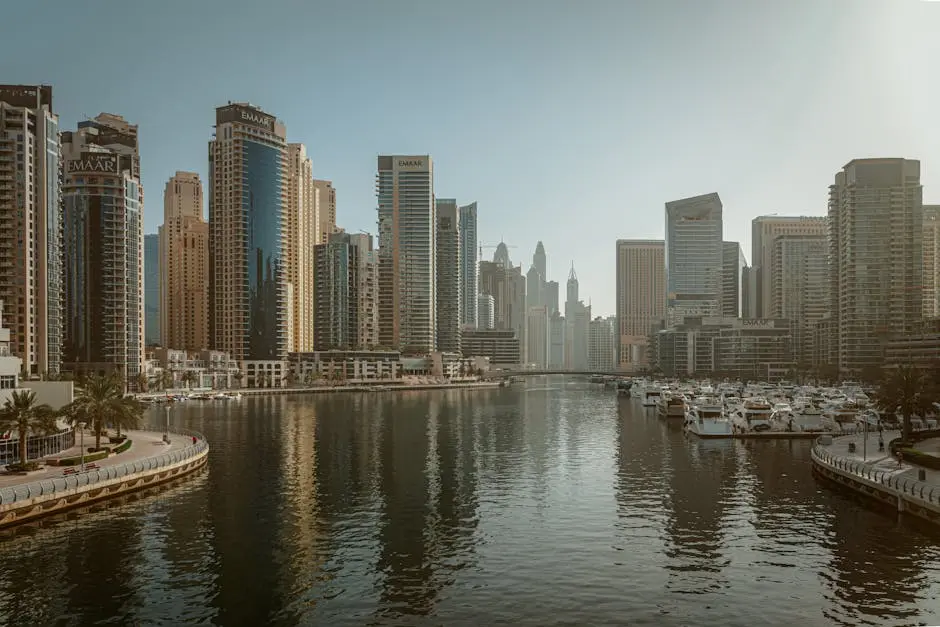Dubai has always been at the forefront of innovation and luxury, especially in the realm of property development. As the city continues to grow and evolve, it is essential to explore what the future holds for property development in this vibrant metropolis. This blog will delve into the emerging trends, challenges, and opportunities that lie ahead, providing insight into the dynamic landscape of property development in Dubai.
Current Trends Shaping Property Development in Dubai
In recent years, property development in Dubai has experienced a significant shift towards more mixed-use projects. These developments not only cater to residential needs but also integrate commercial and recreational spaces, thereby fostering a sense of community. Today, it is not uncommon to see towering residential buildings that include shops, parks, and cultural hubs at their feet. This trend is redefining how urban spaces are utilized and has become a fundamental element in meeting the demands of the modern urbanite.
Another intriguing trend is the rise of affordable housing. As Dubai continues to attract a diverse population, the demand for affordable living options is increasing. Developers are increasingly looking for ways to provide quality residences that won’t break the bank. This move is essential for sustaining Dubai’s growth, ensuring that it remains an attractive place for both expatriates and locals alike.
Furthermore, the increasing focus on smart cities is reshaping property development in Dubai. Developers are leveraging technology to create intelligent environments that optimize resource usage and enhance daily living. Smart homes equipped with IoT devices and other advancements are becoming the standard, making life easier and more efficient for residents.
The importance of design has also significantly amplified. Today’s property buyers are not just seeking functional spaces but also aesthetically pleasing architectures that enhance their living experience. Innovative designs that incorporate nature and sustainability are at the forefront of this trend, enticing potential buyers to invest in their future homes.
The Role of Sustainability in Future Developments
Sustainability is no longer just a buzzword in property development; it is a necessity. Dubai’s developers are increasingly prioritizing eco-friendly practices, from energy-efficient buildings to sustainable materials. This shift is not just about compliance; it reflects a growing awareness of the need to protect the environment while developing residential and commercial spaces.
Green buildings are becoming the gold standard in Dubai’s property market, incorporating solar panels, water conservation systems, and natural ventilation. Such features not only reduce the carbon footprint but also lead to cost savings for residents in the long run. This dual benefit is attractive to a generation of environmentally conscious buyers.
Moreover, the concept of biophilic design, which seeks to integrate nature into architectural spaces, is gaining traction. Projects that incorporate gardens, green roofs, and natural light create healthier living environments and enhance the aesthetic appeal of properties. As owners seek more than just a house, these features promise a lifestyle that is interconnected with nature.
As we evolve, the regulations surrounding property development in Dubai will likely reflect this focus on sustainability. Authorities are starting to enforce stricter standards that compel developers to integrate eco-friendly methods into their projects. It’s clear that sustainability is no longer an afterthought but is firmly rooted in the future of property development.
Technological Innovations Impacting Real Estate
Technology is dramatically reshaping the real estate landscape in Dubai. One significant development is the integration of virtual reality (VR) into property marketing. Developers now use VR to offer immersive tours of properties, granting potential buyers the opportunity to explore spaces from the comfort of their own homes. This innovation not only drives engagement but also shortens the time to close deals.
In addition to VR, Artificial Intelligence (AI) is enhancing decision-making processes within property development. By analyzing data on market trends and consumer preferences, AI tools allow developers to make more informed choices about project designs and locations. This intelligent approach minimizes risk and maximizes return on investment, which is crucial in such a competitive market.
The concept of blockchain is starting to enter property transactions too, promising greater security and transparency. This technology reduces fraud, simplifies the transfer of property titles, and streamlines various processes. As the market matures, the adoption of blockchain could revolutionize how real estate is bought and sold in Dubai.
Furthermore, the rise of big data analytics is providing developers with insights into buyer demographics and preferences, facilitating more tailored projects. Understanding buyer behavior allows developers to meet the specific needs of the market, ensuring offerings are well-suited to potential residents.
Regulatory Changes and Their Implications
As Dubai continues to evolve as a key player in the global property market, regulatory changes are becoming increasingly necessary. Recent adjustments in property laws are aimed at creating a more appealing environment for both local and international investors. Policies such as granting long-term residency to property buyers serve to stimulate investment and increase market viability.
These shifts are not only beneficial for investors; they also contribute to the overall health of the economy. By fostering a favorable investment climate, Dubai can ensure that its property sector remains robust amid the fluctuations of the global market.
Additionally, ongoing reforms in real estate regulations are enhancing transparency. New frameworks are being introduced to mitigate previous issues with fraudulent practices, reassuring potential investors about the integrity of the market. This transparency will encourage further participation in property development initiatives.
As developers adapt to these changes, they must remain proactive and informed. Understanding regulatory shifts will be crucial in staying competitive in Dubai’s fast-paced market, allowing them to seize opportunities before others.
Ultimately, the evolving regulatory landscape will shape property development in Dubai, influencing everything from project planning to market entry strategies. Developers who embrace these changes will be better positioned to navigate future challenges successfully.
Challenges Facing Property Developers
Despite the promising trends and opportunities, property developers in Dubai face several formidable challenges. One of the most significant obstacles is market saturation, particularly in certain segments like luxury real estate. With numerous high-end projects launched, developers must find innovative ways to stand out in a crowded market. Competing for buyers’ attention requires creativity and a keen understanding of current market dynamics.
Additionally, fluctuating economic conditions can create uncertainty for developers. Global events, such as geopolitical tensions or economic downturns, can significantly impact investor confidence and funding availability. These external factors necessitate a degree of agility in project planning and execution, emphasizing the importance of flexible strategies.
Another critical challenge is the evolving expectations of buyers. Today’s consumers are becoming increasingly discerning, searching for properties that offer not only luxury but also value and sustainability. Developers must adapt to these shifting preferences to attract interest. This might require rethinking conventional designs and embracing innovations like smart home technology or green features.
Moreover, navigating the regulatory landscape can be complex and daunting. Changes in laws or requirements can impact timelines and budgets, making meticulous planning and compliance a necessity. Developers will have to build strong relationships with regulatory bodies to ensure streamlined permissions and avoid costly delays.
The Importance of Community Engagement in Development Projects
Community engagement is becoming a cornerstone of successful property development in Dubai. Developers are recognizing that involving residents and stakeholders in the planning process fosters a sense of ownership and satisfaction. This collaborative approach not only enhances the quality of projects but also strengthens community ties.
By engaging with the community, developers can gain valuable insights into the needs and preferences of potential residents. This feedback loop enables developers to create projects that reflect the actual desires of the community, leading to successful outcomes and higher satisfaction rates.
Furthermore, local engagement is essential in creating sustainable developments. Inclusivity ensures that diverse perspectives are considered, fostering harmony and minimizing pushback against new projects. Developers can pave the way for success by focusing on enhancing neighborhood identity and bolstering community ties.
As the real estate landscape evolves, disregarding public sentiment can lead to challenges and delays. Those developers who prioritize community connection will not only build better properties but also foster goodwill and loyalty from future residents.
Future Investment Opportunities in Dubai’s Real Estate Market
Looking forward, the future of investment opportunities in Dubai’s real estate market appears bright. One promising area is the sector of commercial real estate. With ongoing expo events and a burgeoning tourism industry, there is a growing demand for hospitality and retail spaces. Investors who keep a keen eye on emerging commercial locations can capitalize on favorable returns.
Additionally, the rise of remote work trends has sparked interest in multipurpose developments. These properties, designed for both living and working, cater to a new demographic seeking flexibility and a better work-life balance. Melbourne’s innovative models of integrated living are becoming a blueprint for developers in Dubai.
Investors should also explore opportunities in the sustainability-driven projects that align with Dubai’s long-term vision. Properties that emphasize energy efficiency and eco-conscience living are securing attention from buyers willing to pay a premium for green features.
As Dubai’s economy continually reinvents itself, areas such as technology hubs and innovation districts are gaining traction. The government’s emphasis on tech and innovation positions these zones as hotbeds for future investment, offering attractive returns for early investors.
Ultimately, the landscape of property development in Dubai is evolving rapidly, and those who remain adaptable and informed will find themselves in the front lines of lucrative opportunities, paving the way for growth and success.
Looking Forward: The Path Ahead for Property Development in Dubai
As we look towards the future, property development in Dubai is bound to experience transformative changes driven by sustainability, technology, and shifting market demands. Investors and developers must stay attuned to these trends to navigate the evolving landscape successfully. By embracing innovation and sustainability, Dubai can continue to thrive as a global hub for property development.

